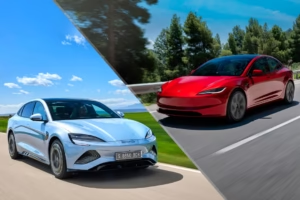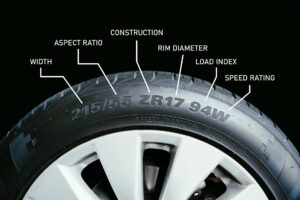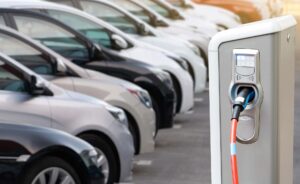If you’ve ever wondered, “What fuel does a hybrid car use?” you’re not alone. With their sleek designs and eco-friendly appeal, hybrids have become the middle ground between traditional gas guzzlers and fully electric rides. The short answer? Hybrids use a combination of gasoline and electricity to power your drive, switching between the two (or using both) depending on how you’re cruising. Let’s break it down so you can understand what’s happening under the hood and why hybrids are such a big deal.
A hybrid car uses both gasoline and electricity. It typically switches between the two or combines them, depending on driving conditions, to maximize efficiency and reduce emissions.
How Do Hybrid Cars Work?
Hybrid cars combine a gasoline engine and an electric motor to power the vehicle, creating a more fuel-efficient and eco-friendly driving experience. The gasoline engine is used for higher speeds or longer distances, while the electric motor handles low-speed or stop-and-go situations. This dual system is key to understanding how a hybrid car saves fuel by optimizing energy use during different driving conditions.
The Role of Gasoline in Hybrid Cars
Gasoline in hybrid cars powers the internal combustion engine, which kicks in during high-speed driving or when the battery needs recharging. So hybrid cars use gas, but they use significantly less compared to conventional vehicles, as the electric motor helps reduce overall fuel consumption. This setup also contributes to the cost savings many hybrid owners experience over time.
The Role of Electricity in Hybrid Cars
The electric motor in a hybrid car takes the lead during low-speed travel, city driving, or in stop-and-go traffic, where it operates silently and efficiently. This is a major factor in how hybrids save fuel, as the electric motor reduces reliance on gasoline. Additionally, the motor is powered by a rechargeable battery that gets energy from regenerative braking or plugging in, depending on the model.
Switching Between Gasoline and Electric Power
A hybrid’s ability to seamlessly switch between gasoline and electric power is one of its greatest strengths. For instance, during acceleration, both systems may work together for added power, while at steady speeds, the car can rely on gasoline or electricity alone. This intelligent switching not only answers the question, “Do hybrids save money?” but also explains their growing popularity among budget-conscious and eco-conscious drivers.
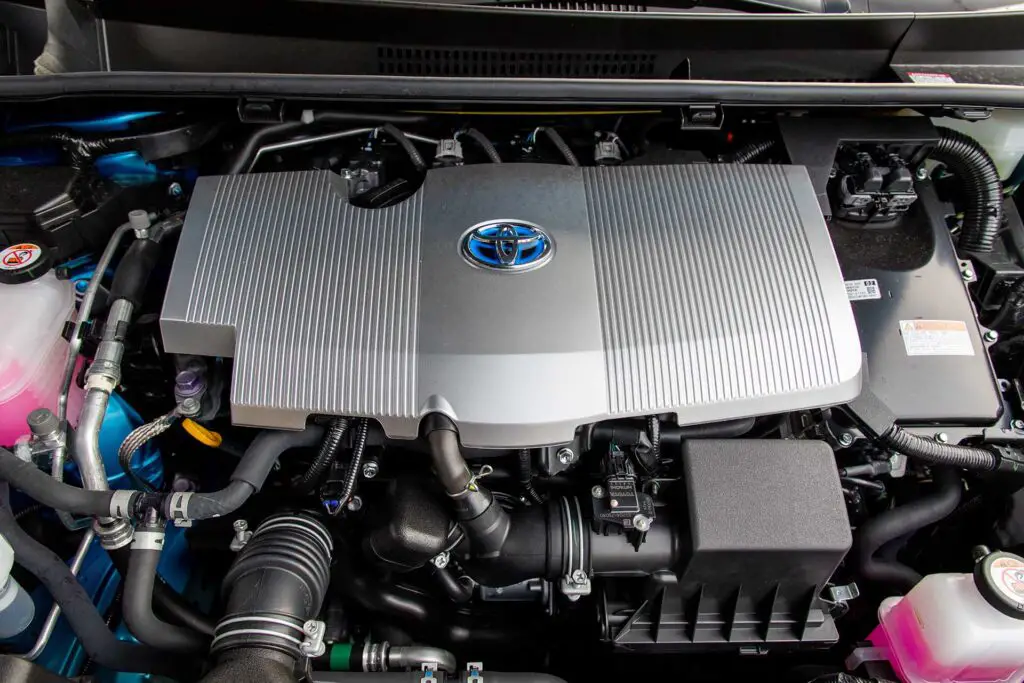
Types of Gasoline Used by Different Hybrid Models
Hybrid cars have evolved to use different types of gasoline, catering to various driving needs and preferences. Whether it’s standard unleaded fuel, premium gasoline, or even alternative blends like E85, these options reflect the evolution of cars toward flexibility and efficiency. In the ongoing discussion of hybrid vs gas, hybrids offer drivers the ability to choose a model that aligns with their performance, cost, and environmental priorities.
Regular Gasoline
Most hybrid cars, like the Toyota Prius, run on regular unleaded gasoline. This makes them easy to maintain and affordable to drive, as regular gasoline is widely available and less expensive than premium options. The simplicity of using regular fuel also contributes to hybrids’ reputation for being practical and cost-effective for everyday use.
Premium Gasoline
Some hybrids, particularly luxury models like the Lexus RX Hybrid, recommend or require premium gasoline to maximize engine performance and efficiency. Using premium fuel can help maintain optimal engine health and prevent issues that might arise with lower-grade fuel. Although it costs more, the benefits in terms of performance and long-term engine care make it worth considering for those looking for a more refined hybrid experience.
Flex-Fuel Capability in Hybrids
Flex-fuel hybrids are less common but provide an option to use alternative fuel blends like E85 (a mixture of 85% ethanol and 15% gasoline). These hybrids offer more flexibility in terms of fuel choice and can help reduce dependence on traditional gasoline. Although not as widely available as regular or premium fuel hybrids, flex-fuel hybrids provide an eco-conscious choice for those looking to further reduce their carbon footprint.
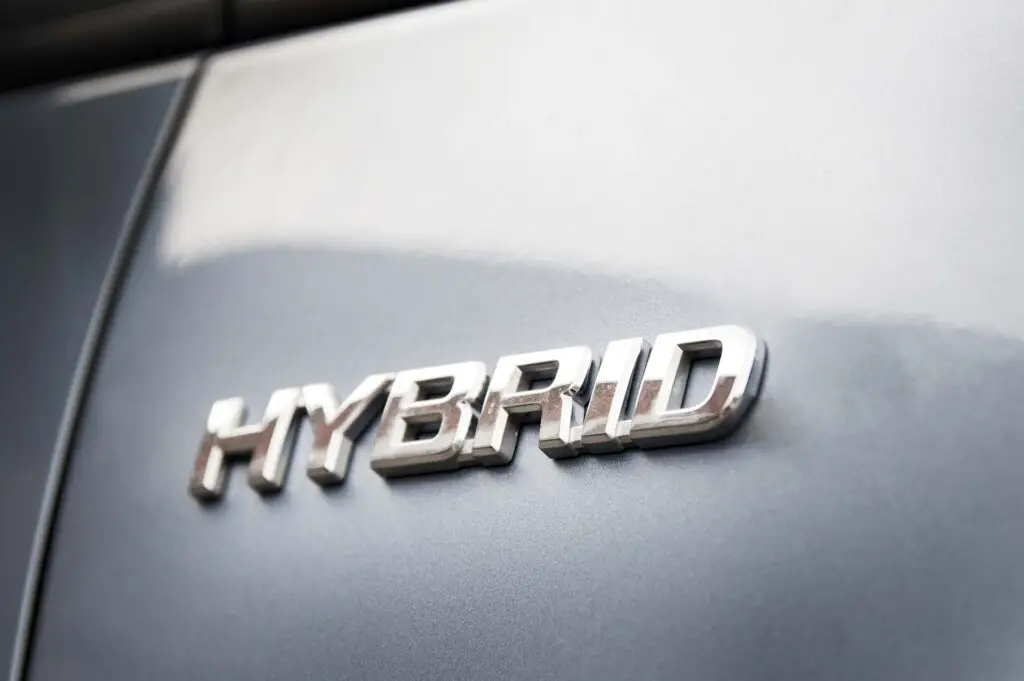
Why Gasoline Type Matters in Hybrids
Hybrid cars depend on a precise balance between their gasoline engines and electric motors, making the type of fuel used more important than in traditional vehicles. The wrong gasoline can disrupt this balance, affecting performance, efficiency, and even emissions. This is especially relevant for families looking for the best cars for road trips or individuals seeking everyday reliability in vehicles like hybrids. By understanding why gasoline type matters, drivers can ensure smoother operation and avoid unnecessary car expenses.
Engine Design and Efficiency
The internal combustion engine in a hybrid is designed to work efficiently with specific types of gasoline. This ensures that the engine runs smoothly, offering optimal performance while minimizing fuel consumption. Using the right fuel helps prevent issues like smoke from the exhaust, which can be a sign of improper combustion.
Impact on Performance and Longevity
Using the wrong type of gasoline in a hybrid and in a regular car can negatively affect engine performance and longevity. Incorrect fuel can cause problems like engine misfires, leading to inefficiencies and poor fuel economy. Over time, this can increase maintenance costs, particularly after milestones like 30k maintenance.
To ensure a smooth driving experience, it’s important to follow the manufacturer’s recommendations. Even if you own one of the most reliable cars, like a Toyota, it is crucial to follow the manufacturer’s guidance on fuel type to ensure optimal performance and long-term durability.

Types of Hybrid Cars and Their Fuel Systems
Hybrid cars come in several types, each with unique fuel systems that cater to different driving needs. From full hybrids with seamless electric-gasoline transitions to plug-in hybrids designed for extended electric driving and even mild hybrids that assist rather than dominate, there’s something for every driver. Understanding how these types function can help you choose the hybrid that best suits your lifestyle, whether you’re looking for efficiency, convenience, or performance.
Full Hybrids
Full hybrids, like the Toyota Prius or Honda CR-V Hybrid, are built to seamlessly switch between their gasoline engine and electric motor or even run entirely on one system, depending on the conditions. These hybrids are particularly efficient in city driving, where regenerative braking helps recharge the battery during stops and starts.
Toyota’s hybrid technology has been a leader in this space, with millions of Prius models sold worldwide since its 1997 debut. Full hybrids often don’t need to be plugged in and can achieve impressive fuel economy, sometimes exceeding 50 miles per gallon, making them a practical choice for both daily commutes and long trips.
Plug-in Hybrids
Plug-in hybrids, or PHEVs, like the Toyota RAV4 Prime and Ford Escape PHEV, take hybrid technology a step further by allowing drivers to charge their batteries via an external power source. This enables these vehicles to travel longer distances purely on electric power.
Some models, like the RAV4 Prime, can go up to 42 miles on electricity alone. Once the battery is depleted, the gasoline engine takes over. Plug-in hybrids are perfect for drivers who want the benefits of an electric car but aren’t ready to fully commit to EVs. In 2023, PHEVs made up about 25% of hybrid car sales globally, showing their rising popularity.
Mild Hybrids
Mild hybrids, such as the Chevrolet Malibu Hybrid or certain versions of the Honda Accord Hybrid, are less complex than full or plug-in hybrids. These vehicles don’t run on electricity alone. Instead, the electric motor assists the gasoline engine to improve efficiency, particularly during acceleration. Mild hybrids are a great way to reduce fuel consumption without drastically changing how the car operates.
While their fuel savings are more modest, typically around 10–15% compared to traditional gas-powered cars, they’re an affordable entry point for hybrid technology. Many manufacturers are adopting mild hybrid systems in their mainstream models, signaling a push toward greater efficiency in everyday vehicles.
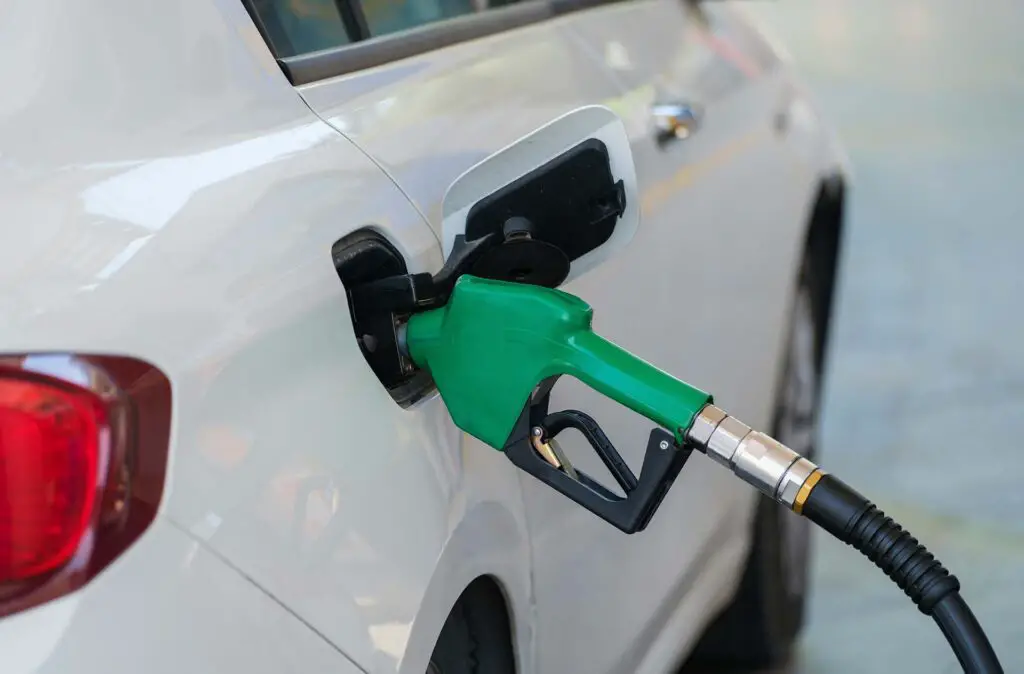
Benefits and Drawbacks of Owning a Hybrid
Owning a hybrid car comes with its fair share of perks and challenges. These vehicles are built to combine the efficiency of electric motors with the reliability of gasoline engines, making them a versatile choice for many drivers. However, as with any technology, there are trade-offs to consider. Let’s explore both sides to help you decide if a hybrid fits your needs.
Benefits of Hybrid Cars
Hybrid cars bring a lot to the table, especially for those wanting to save money on fuel and reduce their environmental impact. By combining a gasoline engine with an electric motor, hybrids offer significant improvements in fuel efficiency compared to traditional cars. This makes them ideal for city driving, where frequent stops and starts allow regenerative braking to recharge the battery while also improving overall mileage.
For many, the cost savings at the pump are reason enough to consider a hybrid. Additionally, hybrids often qualify for government tax credits or incentives, which further sweeten the deal. Beyond financial perks, hybrids emit fewer greenhouse gases, making them a great option for drivers who want to minimize their environmental footprint. Here are the key benefits of owning a hybrid car:
- Fuel savings– With a dual fuel system, hybrids use significantly less gasoline compared to traditional cars. Many models, like the Toyota Prius, achieve over 50 mpg, which translates to fewer trips to the pump and lower overall fuel costs.
- Lower emissions – Hybrids emit less CO2 than traditional gasoline-powered cars, making them a greener alternative that’s better for the environment.
- Tax incentives – In many regions, hybrid owners benefit from government tax breaks or incentives for choosing environmentally friendly vehicles.
- Smooth city driving – Hybrids are especially efficient in stop-and-go traffic, where regenerative braking helps recharge the battery while reducing wear on the brakes.
Drawbacks of Hybrid Cars
While hybrids are packed with advantages, they’re not without their drawbacks. One of the biggest challenges is the upfront cost of purchasing a hybrid, which is often higher than traditional gasoline cars. This price difference can take years to offset with fuel savings, particularly for drivers who don’t rack up a lot of miles. Additionally, hybrids have limitations when it comes to their electric-only range.
Even the best plug-in hybrids can usually travel only 20–50 miles on electricity before the gasoline engine kicks in. This reliance on gas for longer trips may not feel like a substantial improvement for those expecting an electric-first experience. Another consideration is maintenance.
Hybrids are more complex than traditional cars, with two power systems to maintain. While they are generally reliable, battery replacements and specialized repairs can be costly if they arise. Here are some common drawbacks of owning a hybrid car:
- Higher upfront costs – Hybrids are often more expensive to purchase than traditional gas cars, which can offset some of the fuel savings over time.
- Limited electric range – Even plug-in hybrids usually only travel around 20–50 miles on electric power alone before needing gasoline, which may not suit longer commutes.
- Maintenance complexity – Hybrids have two power systems—electric and gasoline—meaning potential repair costs can be higher, especially for battery replacements or specialized components.
- Dependence on gasoline – For long-distance trips, hybrids still rely heavily on gasoline, which may not offer significant savings compared to fuel-efficient traditional cars.

Is a Hybrid Right for You?
Deciding whether a hybrid is the right choice depends on your driving habits, priorities, and expectations. Hybrids are perfect for those looking to save on fuel costs, reduce emissions, and enjoy the flexibility of a dual-fuel system. With the ability to use both gasoline and electric power, hybrids offer convenience and efficiency for daily commutes and city driving. But it’s important to understand what fuel a hybrid can use, from regular gasoline to alternative fuel blends in some models, and how it impacts performance and costs.
If you’re searching for a car that blends eco-conscious technology with practicality, a hybrid could be an excellent fit. However, if your lifestyle involves frequent long-distance driving or you prefer an all-electric approach, you may want to weigh other options. Ultimately, understanding how hybrids work and evaluating their benefits and challenges can help you make a choice that matches your needs.

